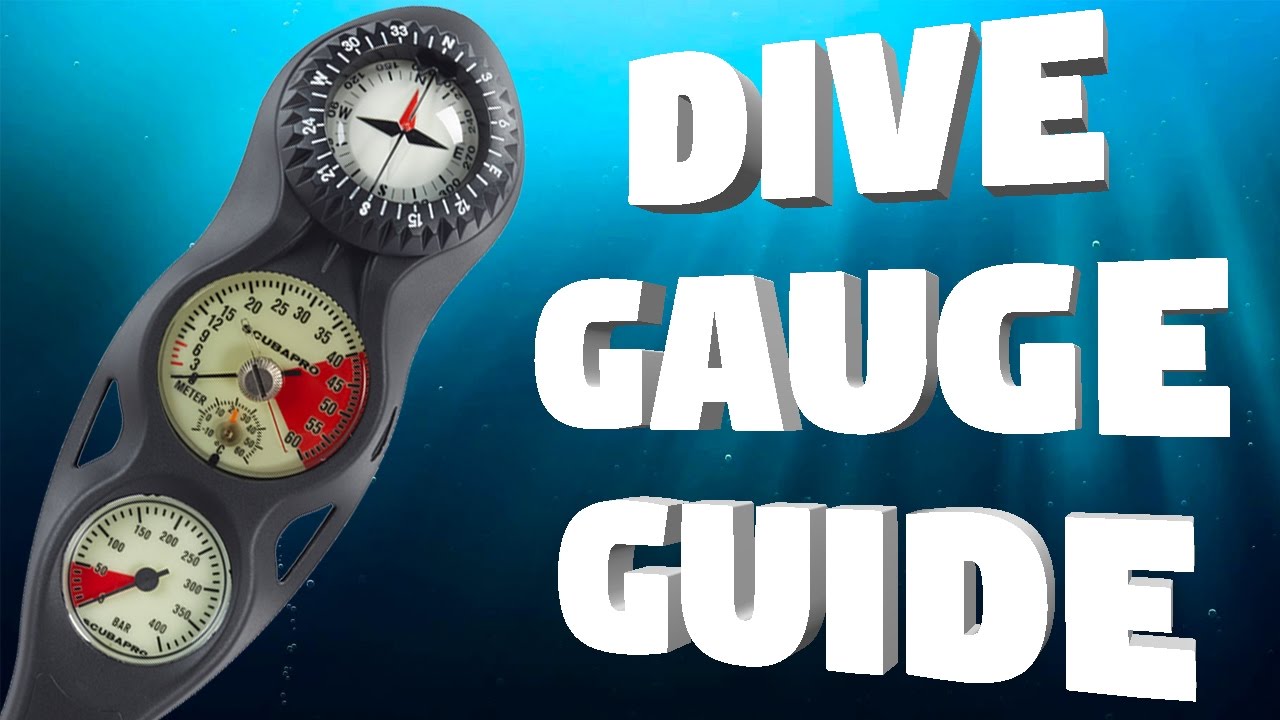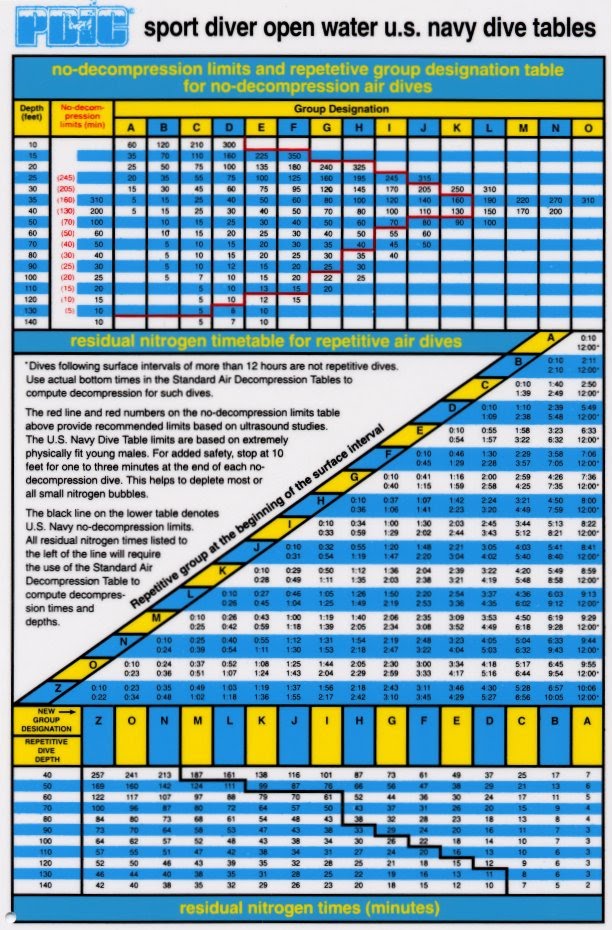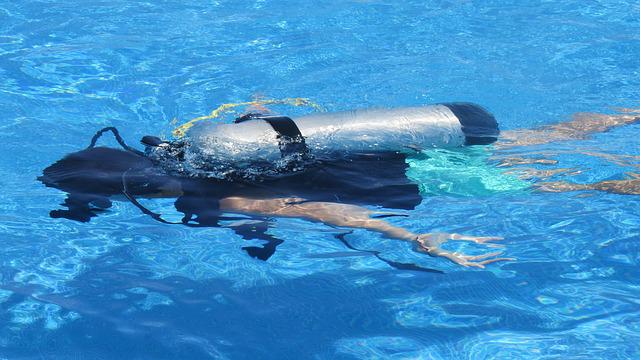
To avoid serious accidents or injuries, scuba divers must abide by the rules of diving. You must also ensure that your gauges are checked regularly throughout dives to make sure they have enough air. If the air tanks are low during the dive, they can easily run out of decompression, which can be fatal. Holding breath during diving can lead to serious injury. Continued breathing is fine as the air in the lungs expands during a dive and contracts during a descent.
Before scuba diving, safety checks
Before diving, divers conduct pre-dive safety inspections. Pre-dive checks are a final inspection and certification of all equipment, gear, and other items before entering the water. This check can be performed from shore or from the boat. This is an excellent chance to inspect and adjust your equipment, familiarize your buddy with his equipment, and test your air supply. Here are some safety tips to help you prepare for your dive.

Pre-dive equipment safety checks
Before diving, you must perform several safety checks. Before you dive, make sure to test your equipment. You must test your wetsuit as well as your hoses before you dive. Ask your dive operator for instructions on how to use your rescue chamber and emergency procedures. Your buddy should be able to use all the equipment you have, such as your tank straps or your dumps. This will help you safely exit the pool if anything goes wrong.
Slowly ascend to avoid decompression sickness
Avoiding decompression sickness while scuba diving is easy. You should always ascend slowly and stop at the surface to ensure safety. It's simple, and can save you a great deal of time. Keep your eyes open for boats while you descend. If you cannot hear any boats, it is safe to continue slowly.
While scuba diving, ensure you have a snorkel.
If you want to dive in deeper waters, a snorkel will be necessary. This allows you to breathe underwater without worrying about drowning or getting in an accident. A good control of your airway is important. If the snorkel does not fit well, water will leak from its mouthpiece and get into your airway. Some snorkels can also be uncomfortable to wear. If this is the case, you may need to try a different style of snorkel.

Do not hold your breath when scuba diving
You should not be able to breathe underwater if you have breathing difficulties. A few feet can cause damage to the lungs. To prevent excessive pressure in the lungs while underwater, ensure that your regulator is in top condition and is regularly serviced. You can also try to avoid holding your breath altogether by focusing on your breathing rate. No matter how much scuba diving is something you enjoy, it is important to not hold your breathe underwater.